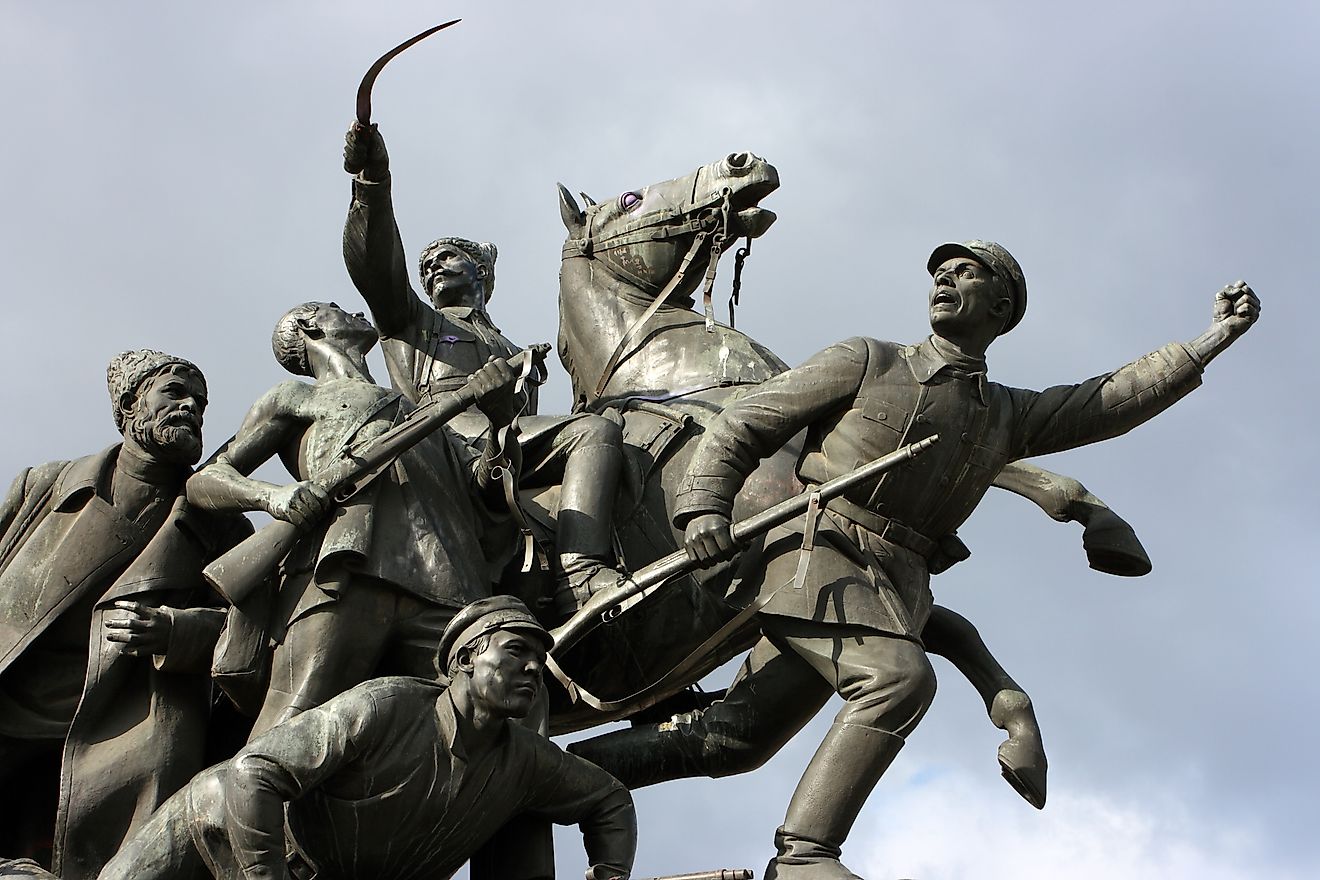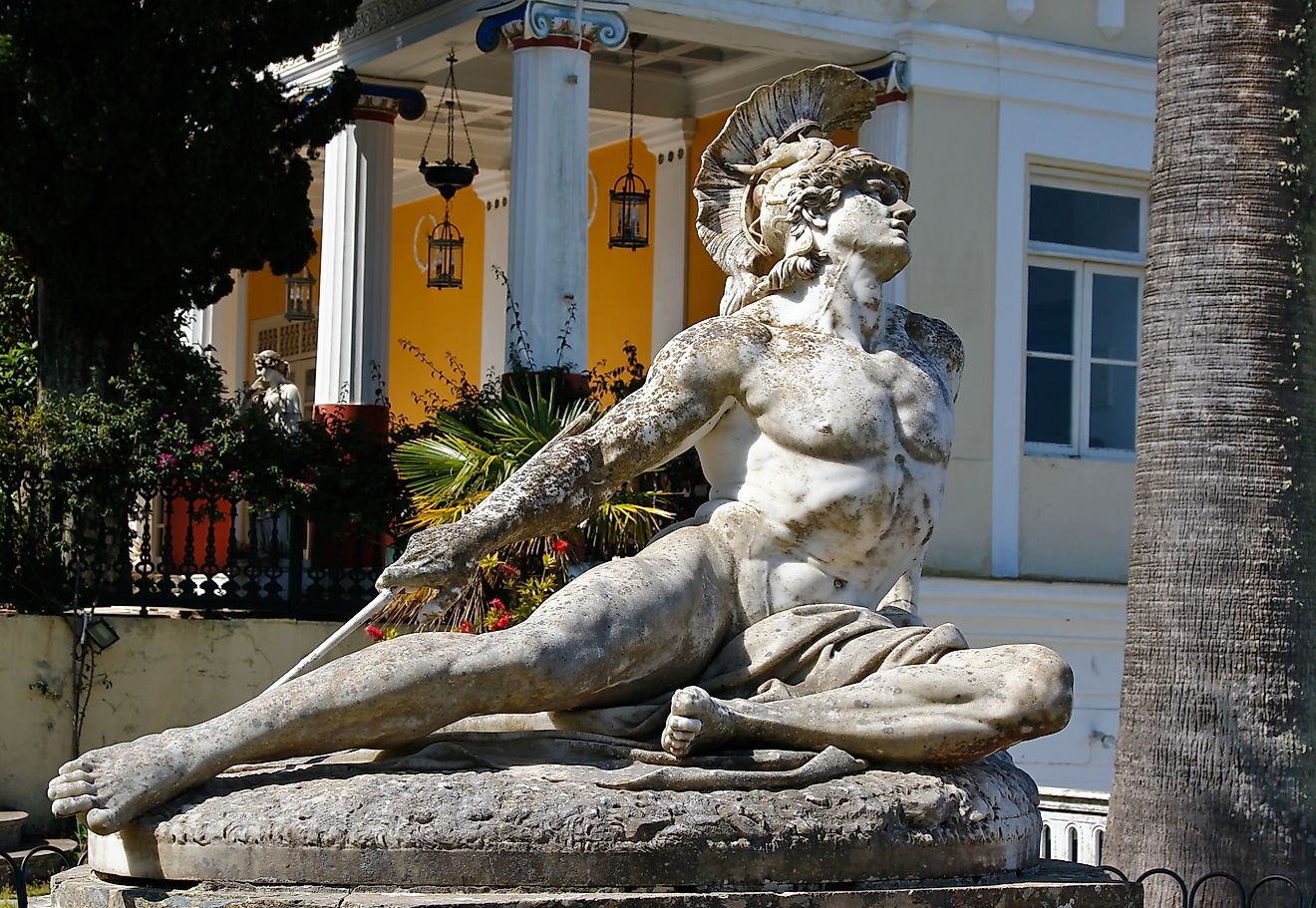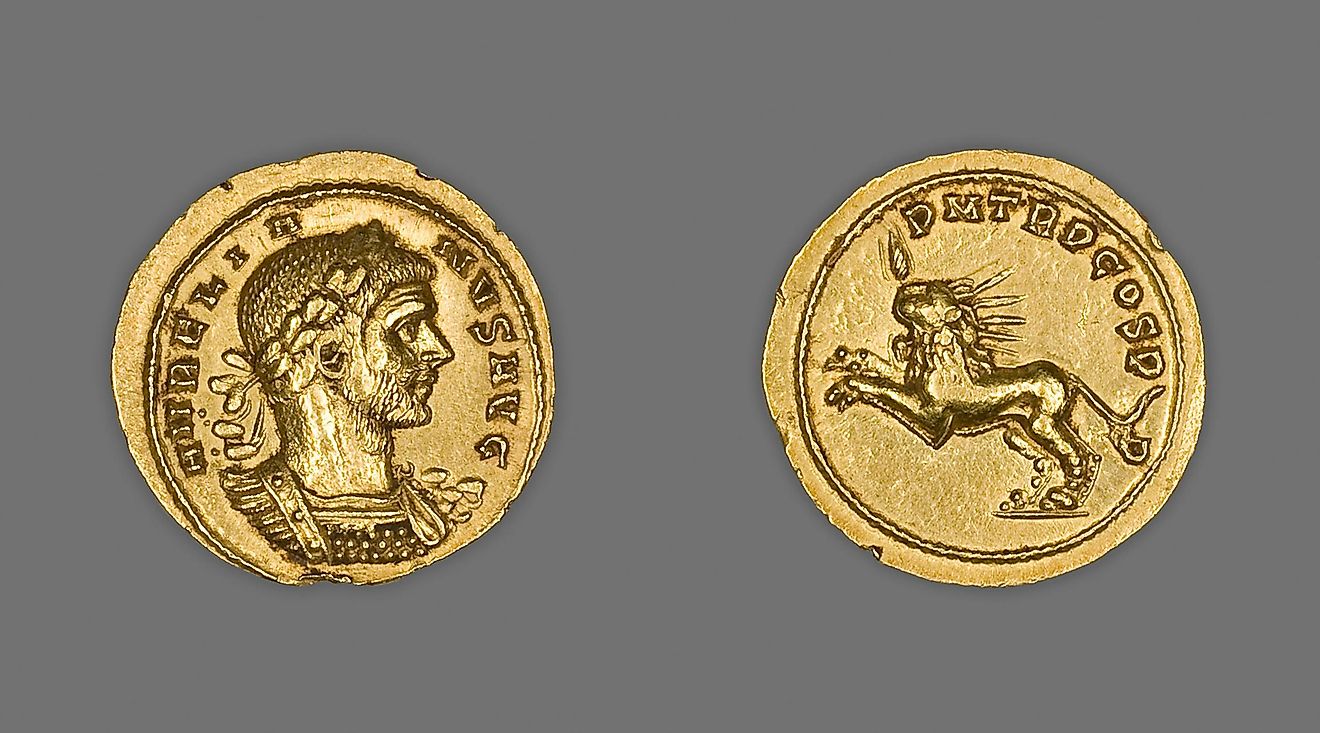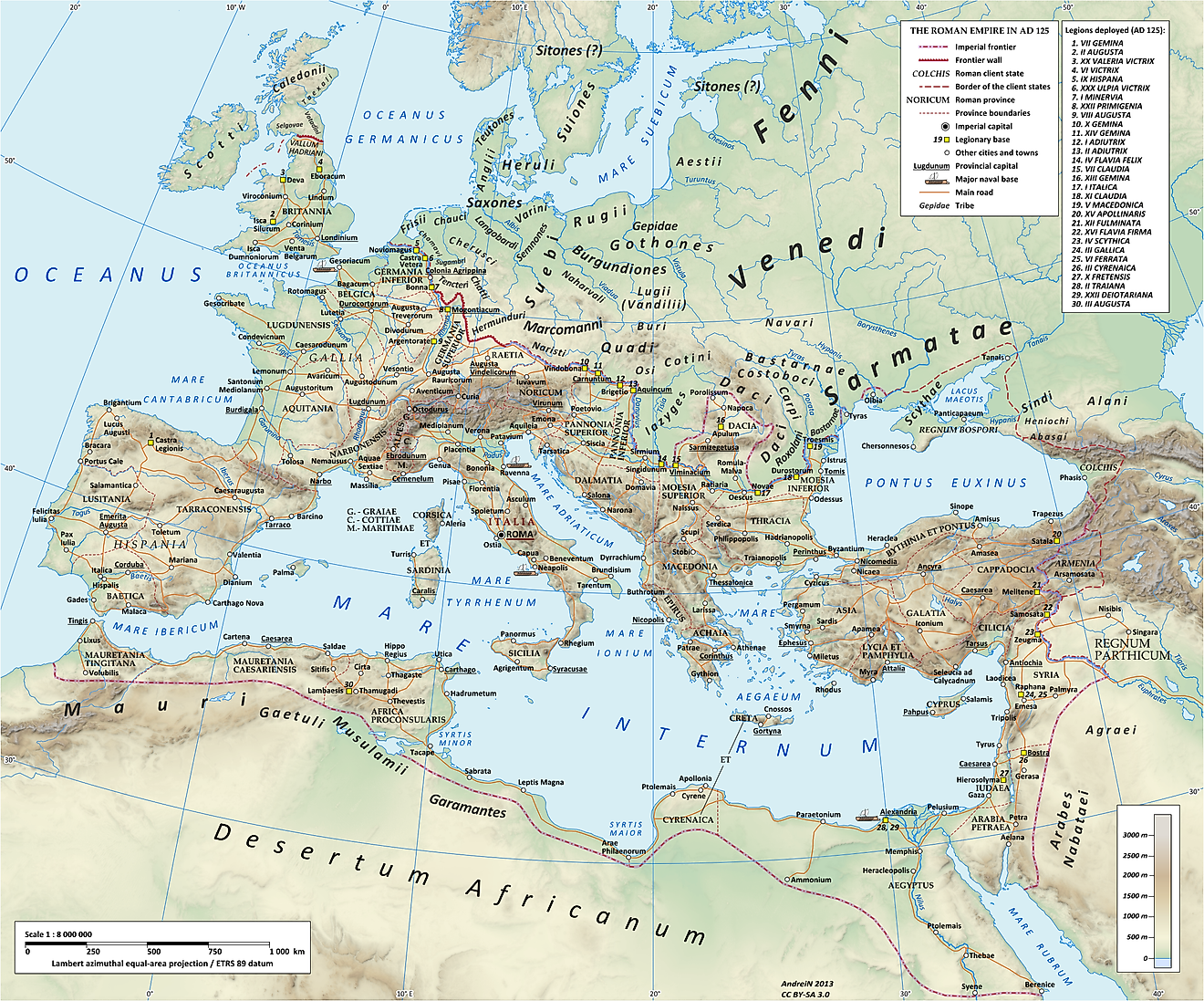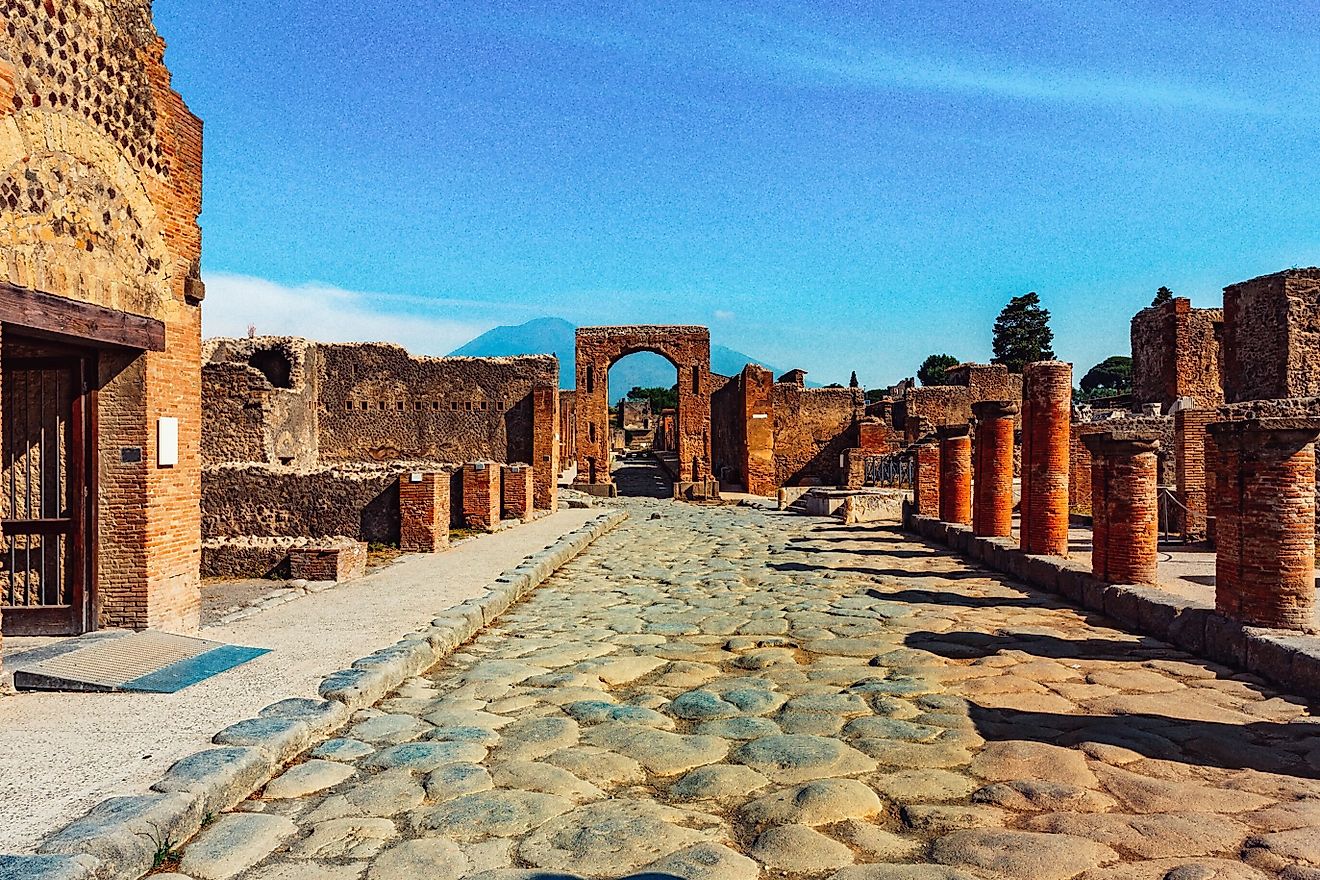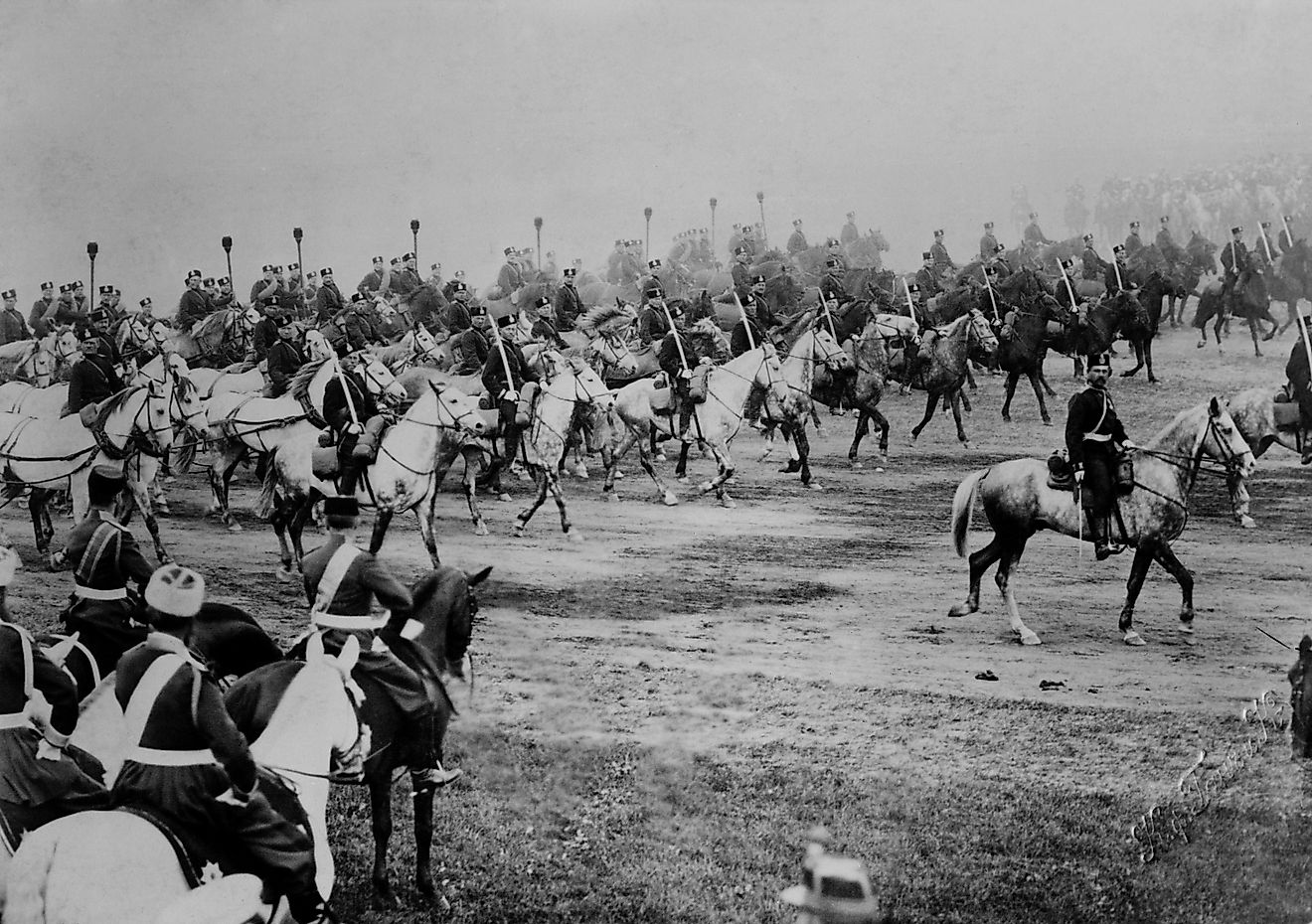
What Happened When Julius Caesar Was Captured By Pirates
Most of the fame attached to the name of Julius Caesar rightfully comes from his time as a politician, statesman, and military commander in his adult years. That said, much of the early life of Caesar is often overlooked or forgotten. The exceptional life of Caesar did not begin in the Roman Senate or on the battlefields of Gaul but rather in his mid-20s as an ambitious nobleman who was looking to carve out a name for himself amongst the Roman elite. On his way to study oratory, at 25 years of age, Julius Caesar was captured by Cilician pirates in the Aegean Sea, but the tides quickly turned his fate.
A Short Trip to Rhodes

During the late years of the Roman Republic, piracy was rampant throughout the Mediterranean Sea. It was common for both trade ships and private vessels to be boarded and ransacked for their valuables. Most of the time, the crews of these ships were either taken prisoner and sold into slavery or killed on the spot. However, in certain cases, high-ranking nobles and people of importance were taken hostage and ransomed back to their families for large sums of money.
This is what happened to Julius Caesar when he was only 25 years old. Caesar was on his way to the small Greek island of Rhodes to study oratory when his ship was attacked by a group of Cilician pirates in the Aegean Sea. It did not take the pirates long to find out about Caesar's noble origins, and they were excited at the prospect of selling him off for a small fortune. However, this feeling of enthusiasm and giddiness would soon wear off.
Not Your Typical Hostage

Despite being at the mercy of the pirates, Caesar did not behave as though his life was in the slightest bit of danger. Caesar's confidence and ego never left him, and it did not take long for his sense of superiority to take hold.
Caesar would routinely boss his captors around and would never refer to himself in a way that made him seem as though he was their subordinate. When he wanted to sleep, he would shush them and make them go quiet. When he was awake, he would force the pirates to listen to the poems or speeches that he had written. If one of them dared to say that his work was unremarkable, Caesar would scold them as an uneducated and uncultured dullard who was incapable of appreciating such fine art.
According to Caesar, he was almost friendly with the pirates. Caesar claimed to have even participated in games and exercises with the pirates from time to time.
An Insulting Ransom

Even though Caesar seemed to be getting along well enough in captivity, the pirates were still hoping to get the ransom from his family in exchange for their son's safety. When the pirates informed Caesar that they set his ransom to 20 talents of silver, Caesar was offended by such a small amount of money.
Caesar insisted that he was worth much more than what they were asking for and thought that asking for only 20 talents would have been nothing short of insulting. Caesar claimed that he was worth at least 50 talents. The pirates, understandably confused, must have thought that they got their hands on one of the most deluded and egotistical noblemen in all of Rome.
Keeping True to His Word

During his somewhat cordial and bizarre time with the pirates, Caesar would often claim that he was going to have all of his captors crucified as retribution for keeping him prisoner. The pirates thinking this to be some kind of dark joke, just laughed off what he was saying and continued along with the plan. Eventually, after 38 days of negotiations, Caesar was finally released after the sum of 50 talents was paid to the pirates.
Upon his release, Caesar immediately rallied a small fleet at the seaside town of Miletus even though he had never held any kind of military or political title in his life. Caesar sailed right back to the exact island where he had been held captive and apprehended the pirates in short order.
They were jailed by the Roman governor of Asia, but he was reluctant to punish the pirates for what he saw as a small dispute between a pesky Roman noble and some insignificant peasants. When rumors reached Caesar that the pirates were going to be released, he marched into where they were being held and had them handed over into his possession. Once they were under his control once again, he marched them to a nearby beach and had them all crucified. Just as he had promised.
Fact or Fiction?
As fascinating as this story is, there are many critical historians who argue over whether or not it is true or accurate. The historians who doubt the validity of this story reasonably point out that this tale could have just been dreamed up by Caesar as a sort of origin myth to help boost his political image as a kind of quasi-folk hero in his early days as a senator.
This story could have also been heavily altered when he became a famous military leader in Gual, or during the civil war he had against Pompey. Historical accounts from Caesar are notorious among historians for being exaggerated or outright fabrications.
That said, this particular story does not come from Caesar's own writing but rather the work of the Greek biographer Plutarch. Plutarch himself was no ally of Caesar, and most of his work depicts Ceasar as a power-hungry and arrogant tyrant. So it would make little sense for Plutarch, of all people, to spread stories about Caesar that would have made him look favorable in the public eye.
Summary
While humans might never know the exact details of this story, it does paint the perfect picture of the kind of man Caesar was. He was driven, dedicated, ruthless, and cunning. All of which led him to become the dictator of Rome and the man who brought an end to the Roman Republic. Not only was Caesar a military genius but also an adept politician and master manipulator of those around him. While his legions would be the source of many of his victories in the field, it was Caesar's charisma and understanding of human nature that secured his legacy in history.
